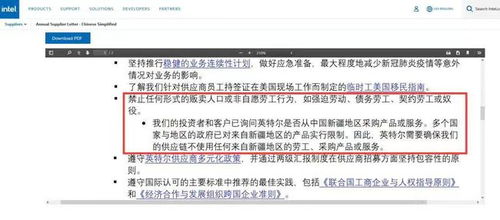Title: Manufacturing Industry: Key Terms and Innovations
Manufacturing is an essential industry that encompasses the production of goods through various processes, such as assembly, molding, machining, and fabrication. In this article, we will discuss key terms and innovations in the manufacturing industry.
1. Lean Manufacturing
Lean manufacturing is a production approach that focuses on minimizing waste and maximizing efficiency. It involves identifying and eliminating nonvalueadded activities to reduce costs and enhance product quality. One of the primary tools of lean manufacturing is the 5S methodology, which stands for Sort, Set in Order, Shine, Standardize, and Sustain.

2. JustinTime (JIT)
JustinTime is a manufacturing strategy that aims to deliver the right amount of raw materials to the production line at the right time. JIT minimizes inventory by synchronizing production with demand, thereby reducing the cost of holding inventory. For JIT to work seamlessly, there must be a reliable and efficient supply chain system.
3. Six Sigma
Six Sigma is a quality management methodology that aims to reduce defects in the manufacturing process. It involves statistical analysis of data to identify the root cause of defects and implement measures to eliminate them. The goal is to achieve a 99.99966% defectfree process, which translates to only 3.4 defects per million opportunities.
4. Additive Manufacturing
Additive manufacturing is a production process that involves building products layer by layer using a digital model. It is also known as 3D printing and is widely used in the aerospace, automotive, and medical industries. Additive manufacturing offers flexibility in design and the ability to produce complex shapes, prototypes, and customized products.
5. Internet of Things (IoT)
The Internet of Things refers to the connection of devices and machines to the internet to allow for realtime monitoring and control. In manufacturing, IoT enables the collection of data from sensors, machines, and products, which can be used for predictive maintenance, quality control, and inventory management.
6. Robotics
Robotics is the use of machines or autonomous agents to perform tasks that are usually done by humans. In manufacturing, robots are used for welding, painting, assembly, and quality inspection. Robotics enhances efficiency, reduces labor costs, and improves product quality.
In conclusion, the manufacturing industry is continuously evolving, and companies must adopt new technologies and processes to remain competitive. Lean manufacturing, JIT, Six Sigma, additive manufacturing, IoT, and robotics are some of the key innovations that have transformed the industry. By leveraging these tools, manufacturers can enhance productivity, reduce costs, and deliver quality products to customers.











